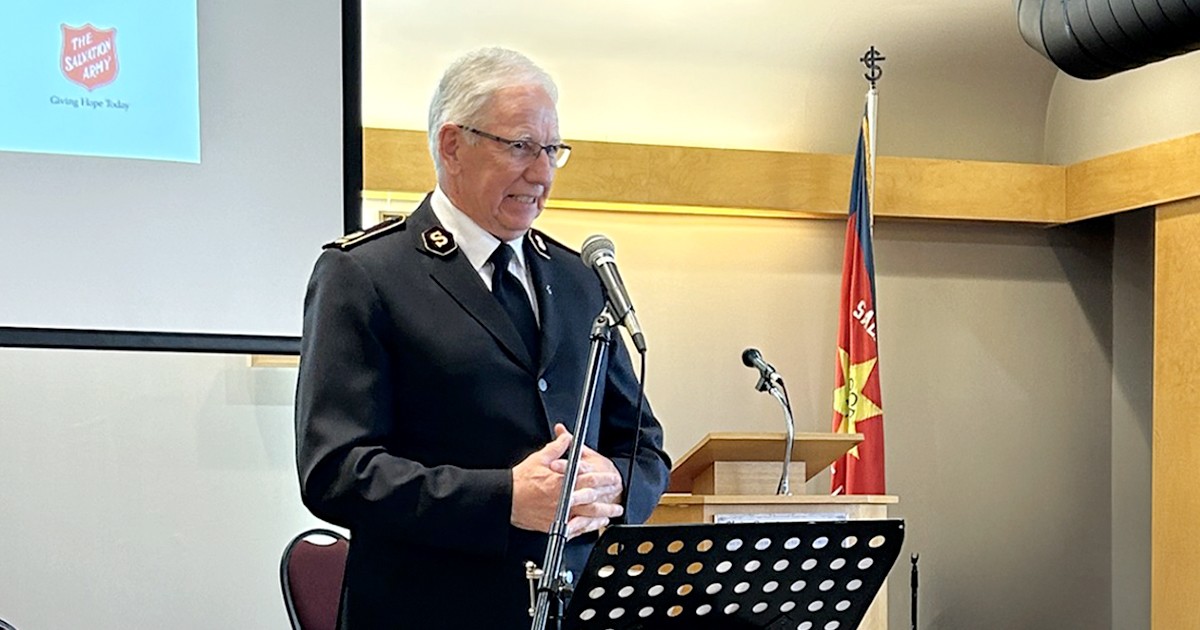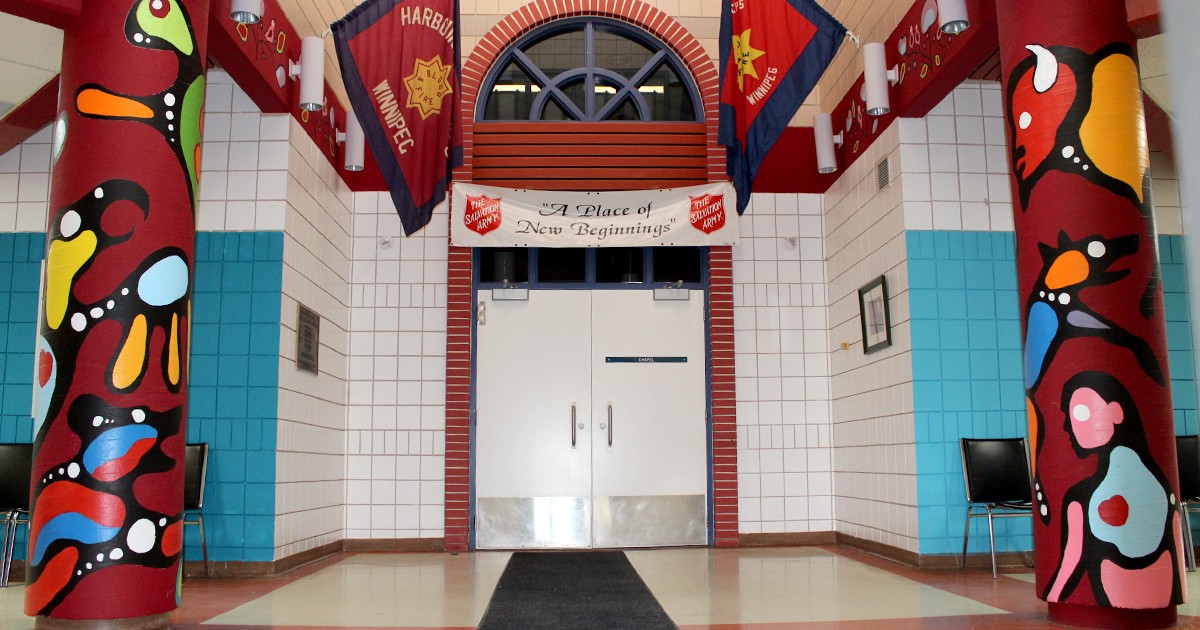While at camp, I spent a lot of time with a group of Indigenous students and instructors from northern British Columbia. They were from places such as Gitwinksihlkw (“Git-win-silk”), Gitsegukla and Gitaus. They welcomed me to their table and we sat together during meal after meal. Our conversations carried on throughout the day; more than once, we began the day over coffee, and ended the day walking to our rooms together.
I was fascinated by the stories they told about their culture and history, and about how Christianity took root and grew. It's always humbling to see how God speaks and reveals himself in different ways to different cultures.
Many of them were members of the Nisga'a Nation, a people who have lived in the Nass River valley of northwestern British Columbia since before recorded time. They still live according to an ancient code of law, most of which has only recently been documented. Their language—which a few of them spoke—is based on sounds, not symbols. While they use, earn and spend money, their perception of wealth takes into consideration far more than monetary value. Salmon and storytelling are their cultural currency. Wealth is measured in families and the growth of a wilp, or “house.”
They closed one of the evening programs by sharing a glimpse of their culture with us, wearing traditional dress and dancing to a drum beat and song. They spoke briefly and ended with the words, “Walk gently upon the earth.”
What does it mean to walk gently?
It is a way of living and being with God, with others and with the world. It's a deeply spiritual rule that affects all of life. The beauty of the idea lies in its necessary harmony. You either walk gently with your whole being, or you do not. You cannot walk gently in one area, but not another. If I am truly walking gently with God, then I am also walking gently with others, with creation and with myself.
If I could try to distill the idea to a paragraph (which is still insufficient), to walk gently means to listen, to feel and to walk with another as long as it is needed, as long as it is fruitful. To walk gently means to come alongside, to carry, to endure. It may mean silence or it may mean yelling at the sky. It may mean a good belly laugh together or it may mean shared tears. It is a living prayer of intercession. It almost never means advice. It is our presence that matters, not our voice.
In contrast, we live in an age where clamour reigns supreme. The loudest voice wins, no matter what is said. Value is measured in likes, followers and whether or not something has “gone viral.” In the midst of this, the art of walking gently is almost forgotten.
We'd rather speak than listen. We'd rather be heard than hear. We'd rather teach than be taught. We'd rather be right and alone than wrestling together, yet we are communal people designed for relationship.
As I read more about the Nisga'a culture, I was convicted by their approach to community and their accountability to one another. I read things like, “If a man is hungry, the nation is hungry. If one lacks, the nation is lacking. If any warrior is wounded, we are all wounded.”
In our culture, too often we don't know how to listen to each other, how to carry each other, how to heal each other. May we learn to walk gently upon the earth—with God, with creation, with others and with ourselves.
Thank you, Damian, Anthony, Isaiah, Christian, Jamie-Lee, Madelaine, Hannah and Cyrus, for sharing your time, history and culture with us. I am grateful to you and for you. May you continue to walk gently upon this earth and may God continue to bless you and yours. May he use your gentle walking to change the world.
Chris Stoker works in the spiritual life development office for The Salvation Army U.S.A. Eastern Territory.










Leave a Comment